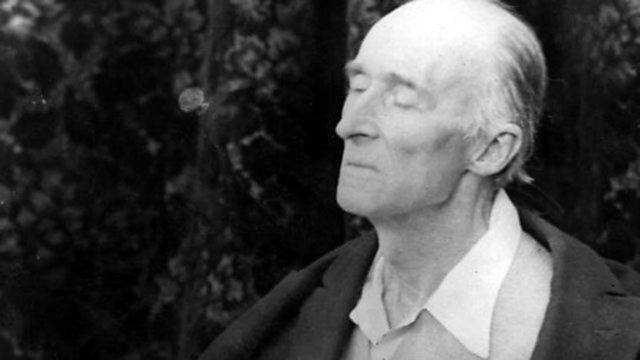Born on January 29, 1862, in Bradford, England, Frederick Delius embarked on a musical odyssey that would defy convention and establish him as one of the most distinctive voices in classical music. Delius was blessed with a rich upbringing, but his passion for music flourished during his travels across Europe and his encounters with diverse cultures.
Despite his father's wishes for him to join the family business, Delius pursued his musical aspirations. He traveled to Florida to manage an orange plantation but soon found himself immersed in the vibrant musical tapestry of the Deep South. Influenced by the melodies of African-American spirituals and the sounds of nature, Delius began to compose.
Frederick Delius, a luminary of late Romanticism in classical music, was born on January 29, 1862, in Bradford, Yorkshire, England. His life story is as intriguing as his music, characterized by a relentless pursuit of artistic freedom and a deep connection to nature.
Delius was born into a prosperous mercantile family, but his passion lay in music, much to his parents' dismay. Despite their hopes for him to join the family business, Delius left for Florida in the United States at the age of 22 to manage an orange plantation. However, his time there was more dedicated to music than agriculture. He absorbed the sounds of African American music and the ambiance of the lush landscape, which would later influence his compositions profoundly.
Frederick Delius - Twilight Fancies
Frederick Theodore Albert Delius, CH (/ˈdiːliəs/ 29 January 1862 – 10 June 1934), originally Fritz Delius, was an English composer. Born in Bradford, West Yorkshire to a prosperous mercantile family, he resisted attempts to recruit him to commerce. He was sent to Florida in the United States in 1884 to manage an orange plantation. He soon neglected his managerial duties and in 1886 returned to Europe.
Having been influenced by African-American music during his short stay in Florida, he began composing. After a brief period of formal musical study in Germany beginning in 1886, he embarked on a full-time career as a composer in Paris and then in nearby Grez-sur-Loing, where he and his wife Jelka lived for the rest of their lives, except during the First World War.
Delius's first successes came in Germany, where Hans Haym and other conductors promoted his music from the late 1890s. In Delius's native Britain, his music did not make regular appearances in concert programmes until 1907, after Thomas Beecham took it up. Beecham conducted the full premiere of A Mass of Life in London in 1909 (he had premiered Part II in Germany in 1908); he staged the opera A Village Romeo and Juliet at Covent Garden in 1910; and he mounted a six-day Delius festival in London in 1929, as well as making gramophone recordings of many of the composer's works. After 1918, Delius began to suffer the effects of syphilis, contracted during his earlier years in Paris. He became paralysed and blind, but completed some late compositions between 1928 and 1932 with the aid of an amanuensis, Eric Fenby.
The lyricism in Delius's early compositions reflected the music he had heard in America and the influences of European composers such as Edvard Grieg and Richard Wagner. As his skills matured, he developed a style uniquely his own, characterised by his individual orchestration and his uses of chromatic harmony. Delius's music has been only intermittently popular, and often subject to critical attacks. The Delius Society, formed in 1962 by his more dedicated followers, continues to promote knowledge of the composer's life and works, and sponsors the annual Delius Prize competition for young musicians.
For more:
http://www.melhoresmusicasclassicas.blogspot.com

